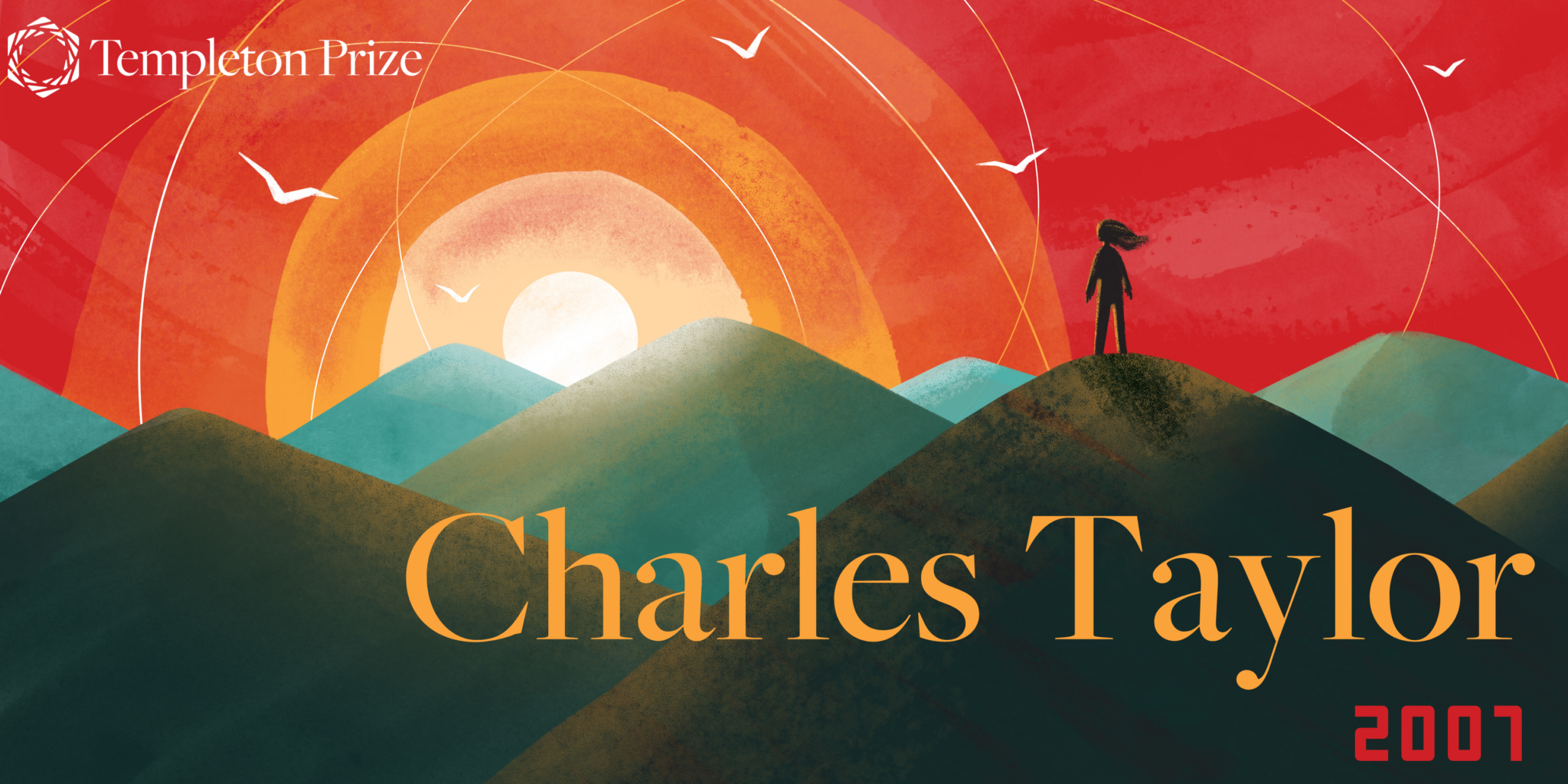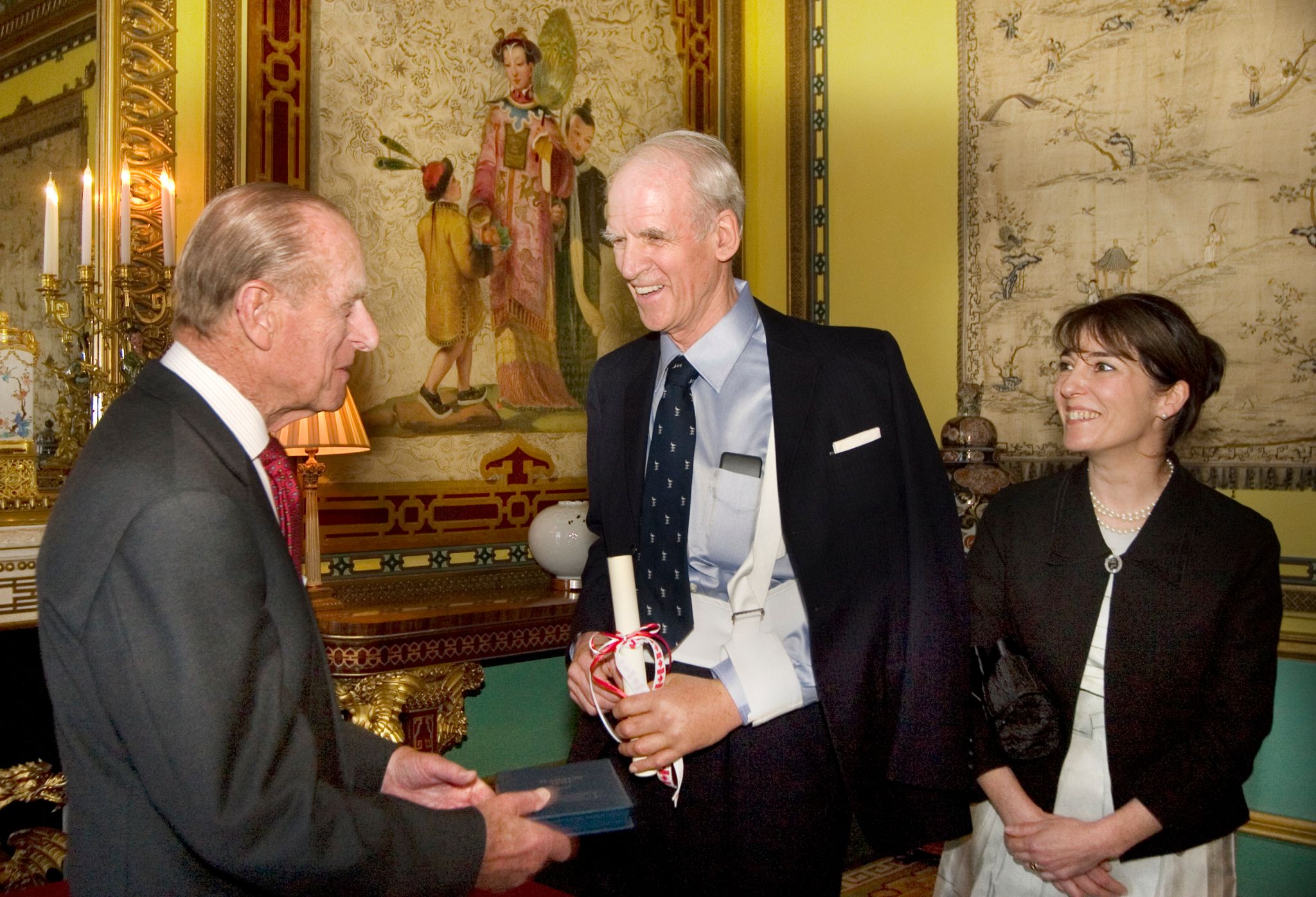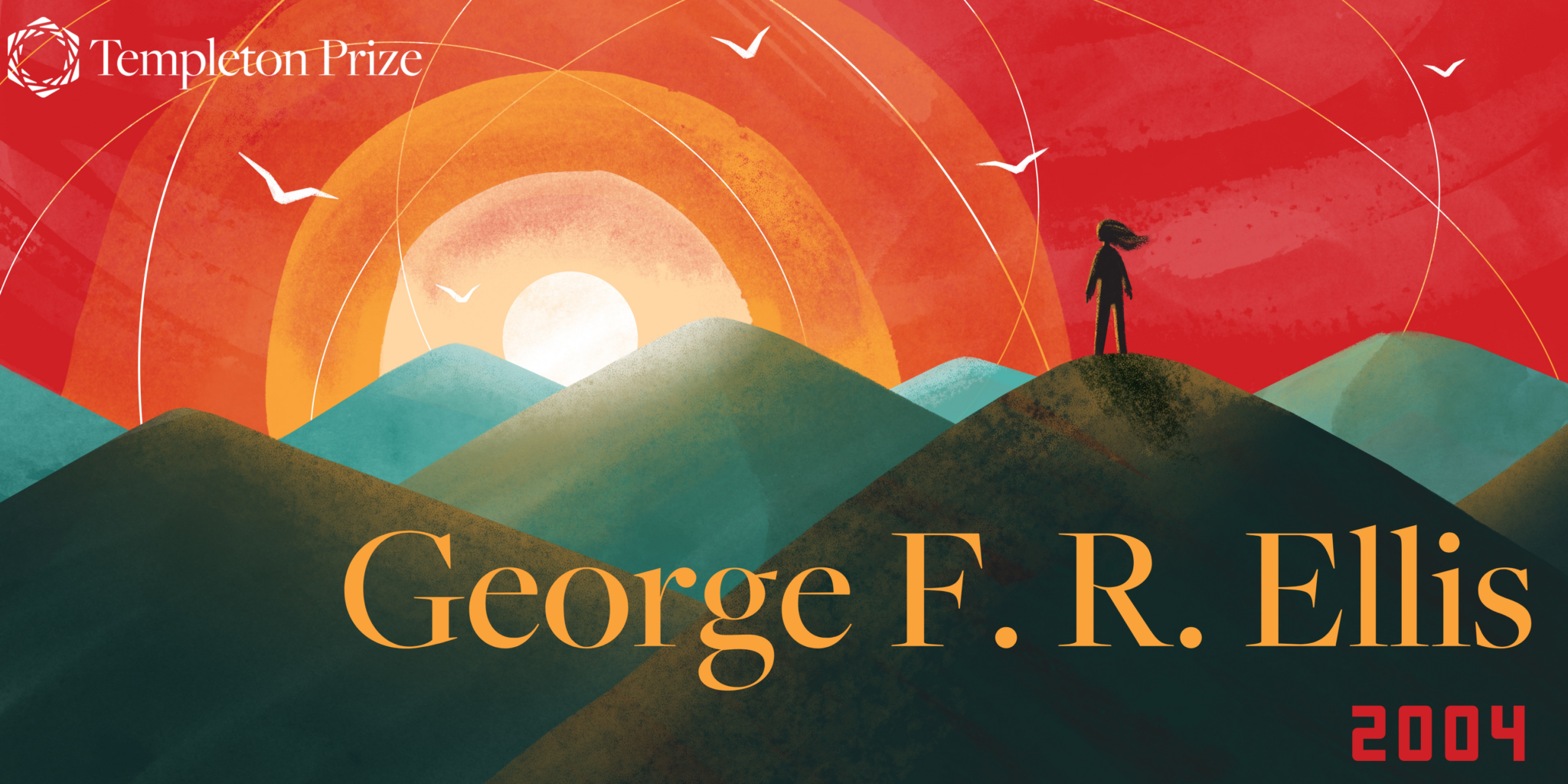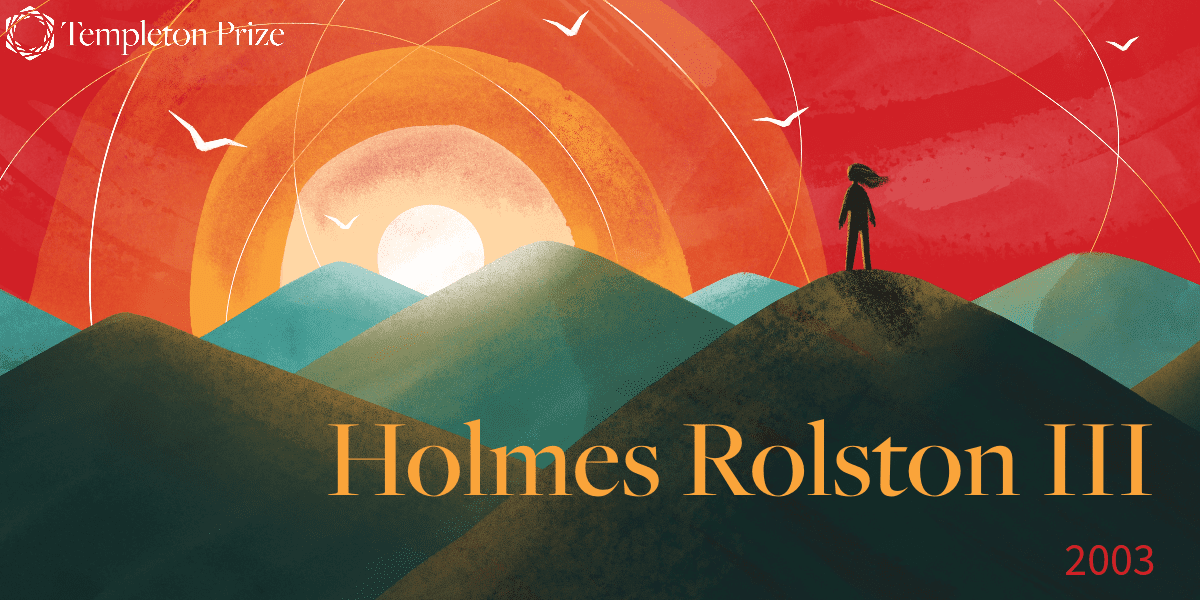In 1973, the first Templeton Prize was given to Mother Teresa. In 2023, we celebrate the 50th anniversary of this award. Over the next 52 weeks, we will highlight each of our laureates and reflect on their impact on the world. From humanitarians and saints to philosophers, theoretical physicists, and one king, the Templeton Prize has honored extraordinary people. Together, they have pushed the boundaries of our understanding of the deepest questions of the universe and humankind’s place and purpose within it, making this (we humbly think) the world’s most interesting prize.
Charles Taylor is a Canadian philosopher known for his profound contributions to the fields of moral philosophy, political theory, and social science. Born on November 5, 1931 in Montreal, Quebec, Canada, he has spent much of his life contending that problems such as violence and bigotry can only be solved by considering both their secular and spiritual dimensions.
Taylor was raised Catholic and educated at McGill University, where he completed his undergraduate studies in history. A Rhodes Scholarship in 1952 led him to study philosophy at the University of Oxford, where he earned a doctorate in 1961. While at Oxford, the exposure to diverse philosophical traditions had a profound impact on Taylor, who began to question the so-called “objective” approaches of psychology, social science, linguistics, history, and other human sciences.
Upon graduating, he began his professional career as a Fellow at All Souls College, Oxford, and then as a professor at McGill University, where he is currently professor emeritus. He was also a Board of Trustees Professor of Law and Philosophy at Northwestern University.
After his doctoral dissertation, a devastating critique of psychological behaviorism published in 1964 as The Explanation of Behaviour, he turned to write at length on Hegel, the philosopher who pioneered deep contemplation on notions of modernity. These works included the 1975 book Hegel, and Hegel and Modern Society, 1979.
Taylor’s curiosity was directed toward harnessing Hegel’s insights to enhance our comprehension of contemporary issues, with a specific focus on modern concepts of freedom and agency.
Taylor has also made significant contributions to various philosophical areas, particularly in the philosophy of language and the philosophy of social science. His groundbreaking work in the 1960s and 1970s, including the influential book A Secular Age, delves into the complex interplay between religion, secularism, and modernity.
In 2007, Taylor was awarded the Templeton Prize for his commitment to exploring and including the spiritual aspects of human experience in discussions of public policy, history, linguistics, literature, and other fields of the humanities and social sciences.
-

Charles Taylor and HRH Prince Philip, Duke of Edinburgh
HRH Prince Philip, the Duke of Edinburgh, awarded the Prize to Taylor at a private ceremony at Buckingham Palace on May 2, 2007. Taylor is the first Canadian to win the Templeton Prize.
“Through careful analysis, impeccable scholarship, and powerful, passionate language, [Taylor] has given us bold new insights that provide a fresh understanding of the many problems of the world and, potentially, how we might together resolve them.”
—Dr. John M. Templeton, Jr.
“And the basic thesis that I have been offering on this could sound very crazy and wrong to some people, but I really think it’s the truth. Everybody exists in this space of questions whether they recognize it or not. They may not think they’ve been posing or solving the question of the meaning of life, but, being a human being, that has to get to you at some level and you have to be living an answer to that, whether you recognize that or not.”
— Charles Taylor





